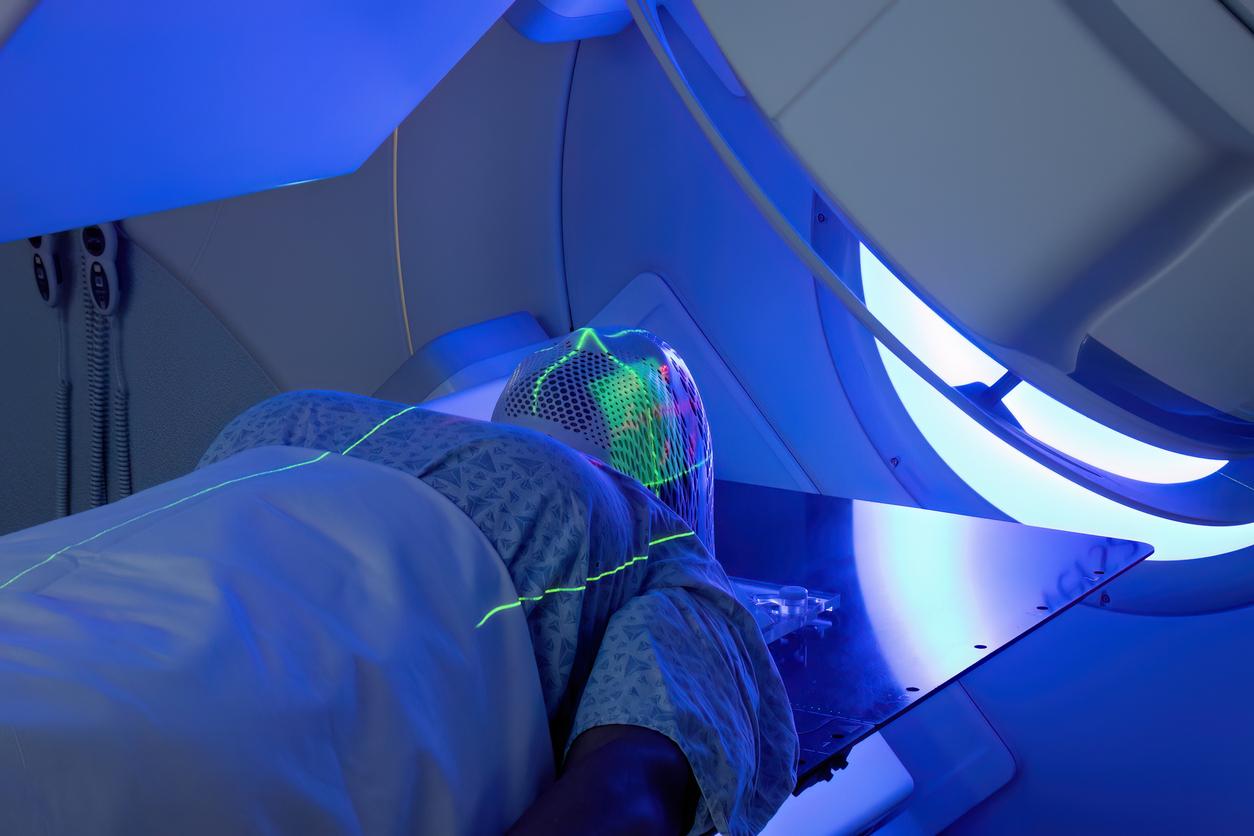Very low doses of aspirin can reduce the spread of metastases in cancer patients.

- Very low doses of aspirin could reduce the spread of metastases in cancer patients, according to a meta-analysis.
- The dose would be 75 or 81 milligrams per day.
- This quantity would be associated with a 20% reduction in deaths due to cancer but also from all causes combined.
“The benefits of aspirin in the treatment of cancer were first demonstrated in 1968explains Peter Elwood, honorary professor at Cardiff University, in a communicated. It targets a number of key biological mechanisms of cancer, thereby reducing the risks of metastases and vascular complications in cancer patients.”
Cancer: 75 or 81 milligrams of aspirin per day reduces metastases
To confirm the benefits of aspirin, Peter Elwood and his team did a meta-analysis of 118 studies, involving around a million patients with all kinds of cancers. Their results were published in the journal British Journal of Cancer. According to the researchers, a very low dose of aspirin taken daily by patients could reduce the risk of metastases spreading.
Aspirin has several properties depending on the Vidal. This medication acts against pain (analgesic), against fever (antipyretic), can thin the blood (antiplatelet aggregation) and is also an anti-inflammatory. For pain and fever, an adult can take three grams per day maximum, or one gram every eight hours.
According to the researchers, in the treatment of cancer, the dose taken daily to have positive results would be much lower: 75 or 81 milligrams per day. According to them, this quantity would be associated with a 20% reduction in deaths due to cancer but also from all causes combined. “Using low-dose aspirin in cancer treatment reduces the spread of metastases and complications from blood clots”, says Peter Elwood.
Aspirin as a complementary treatment for cancer
Another important point: in their study, the scientists did not find “no good evidence of fatal bleeding from aspirin“, which is a medicine that can increase the risk of gastrointestinal bleeding. They observed stomach bleeding but “less serious than gastrointestinal bleeding in patients with stomach ulcers or stomach infection“.
Thus, researchers believe that aspirin could be used in cancer patients. “Given its relative safety and positive effects, the use of aspirin as a complementary treatment for cancer is fully justified, concludes Peter Elwood. Aspirin is inexpensive and readily available in almost all countries. Promoting it could have beneficial effects around the world.”

















